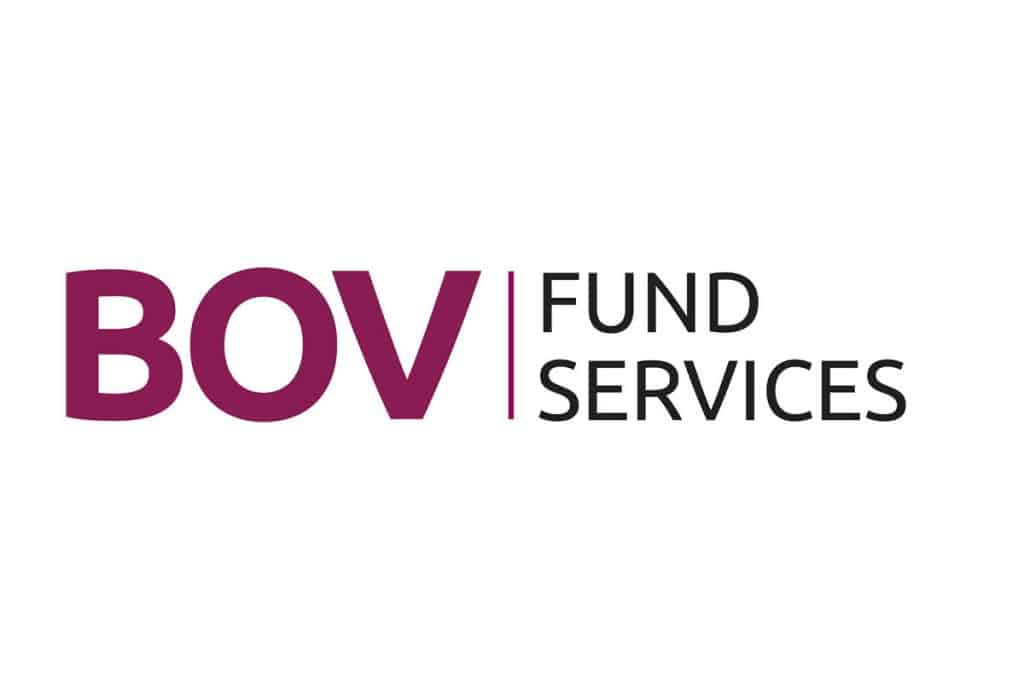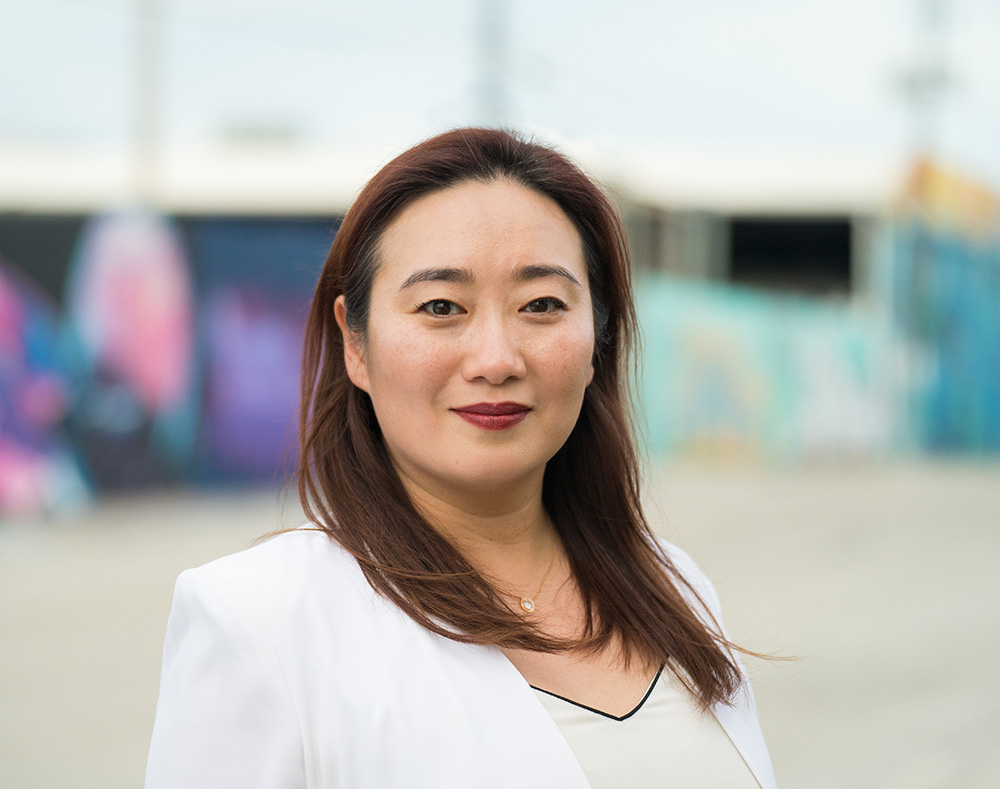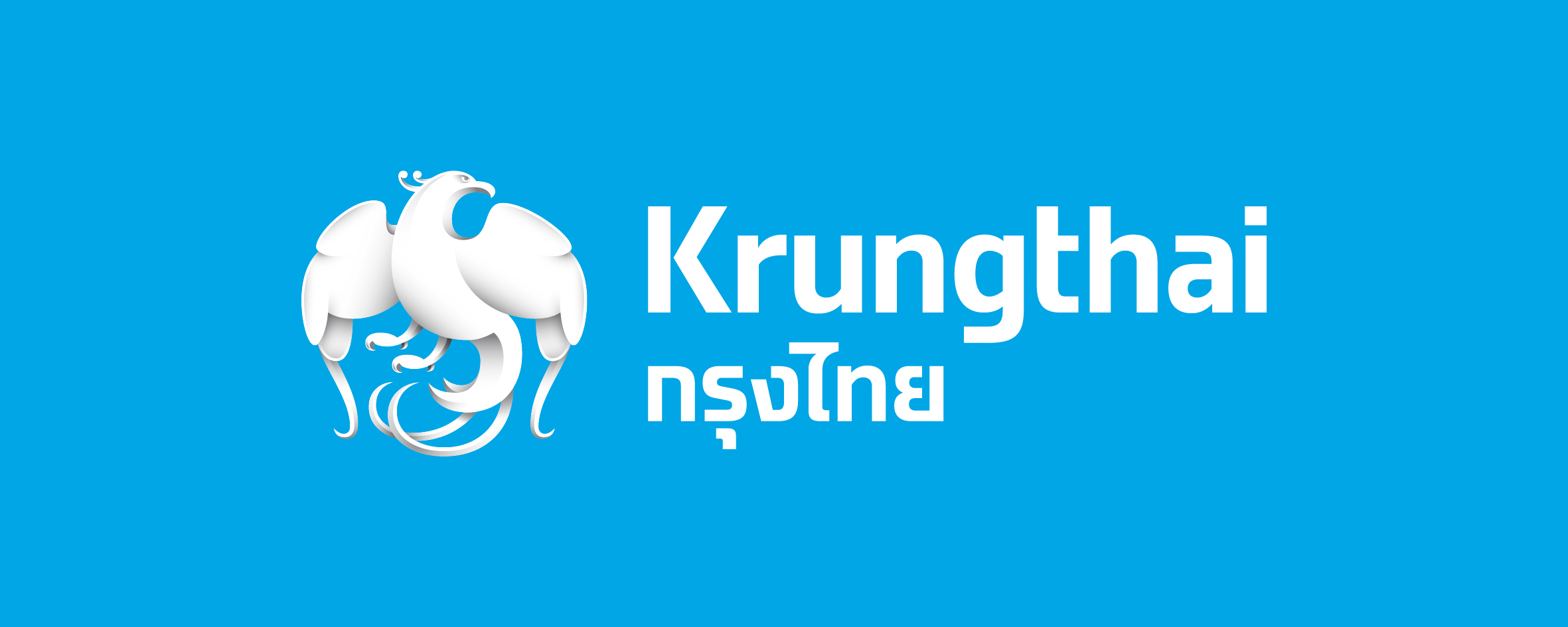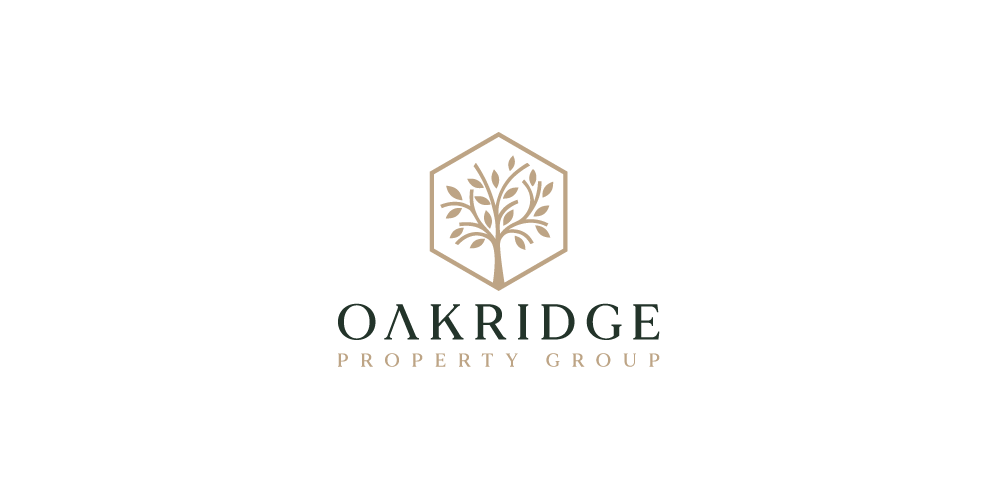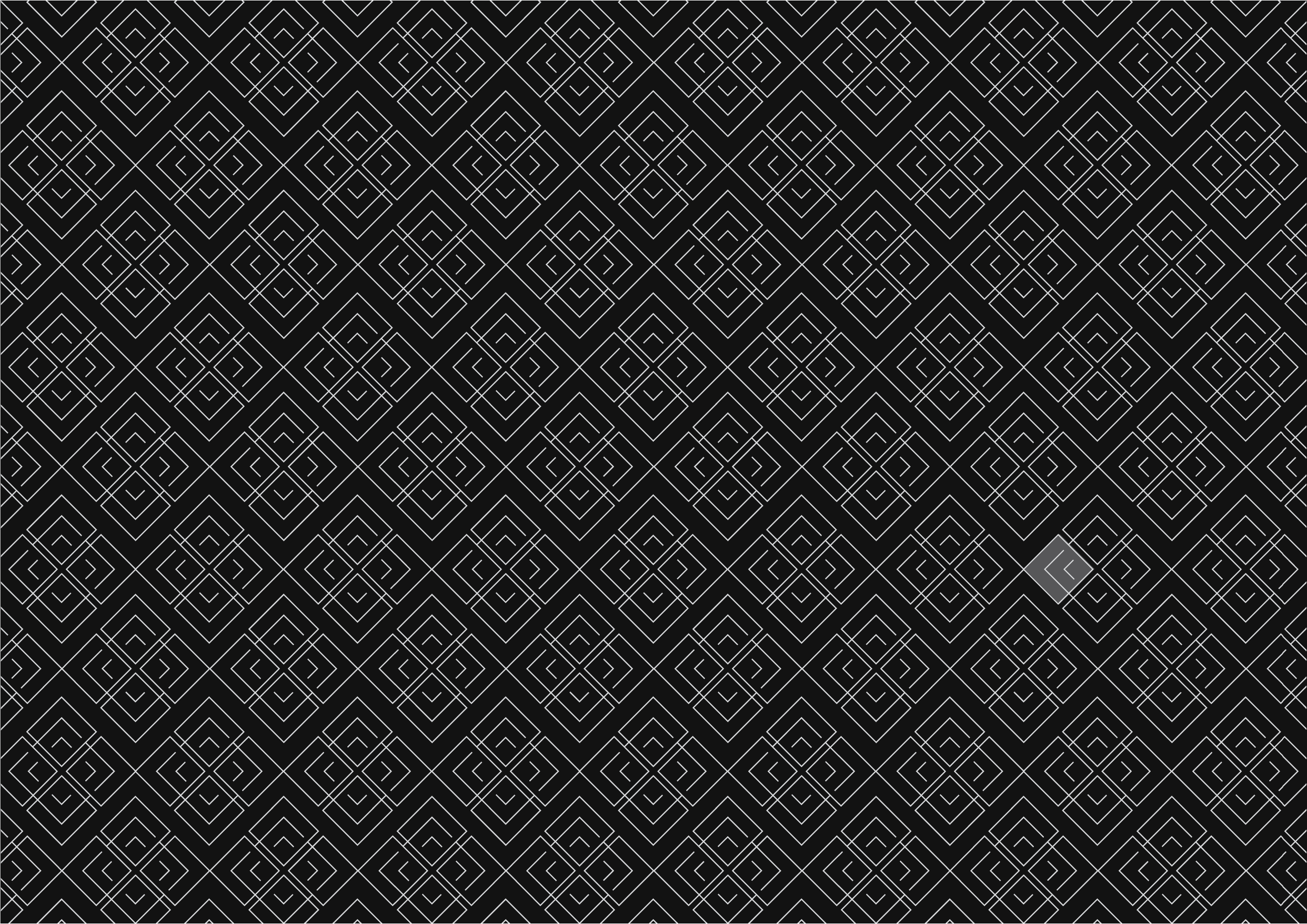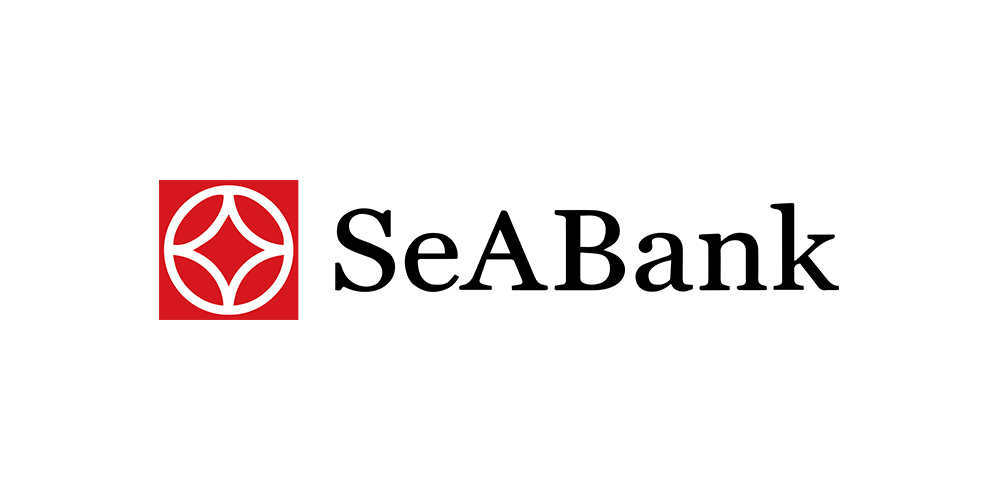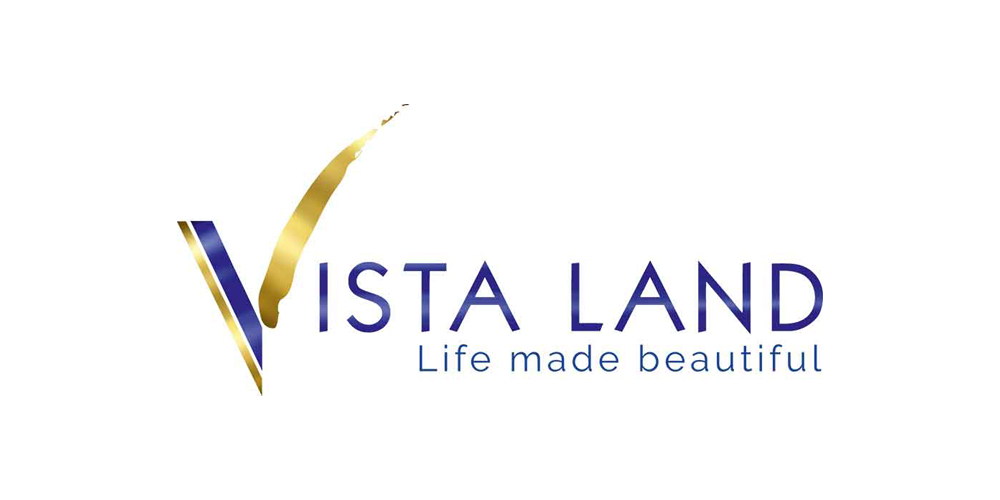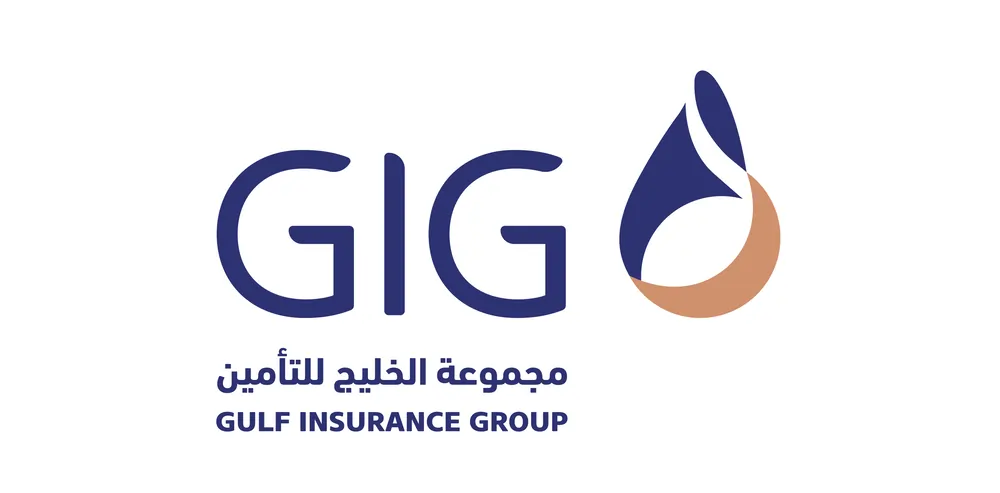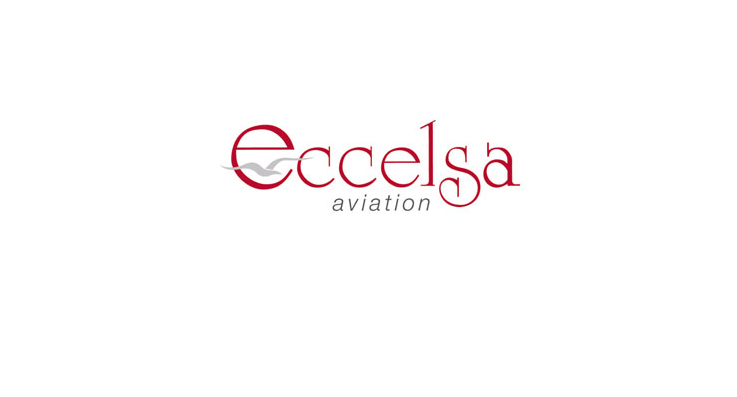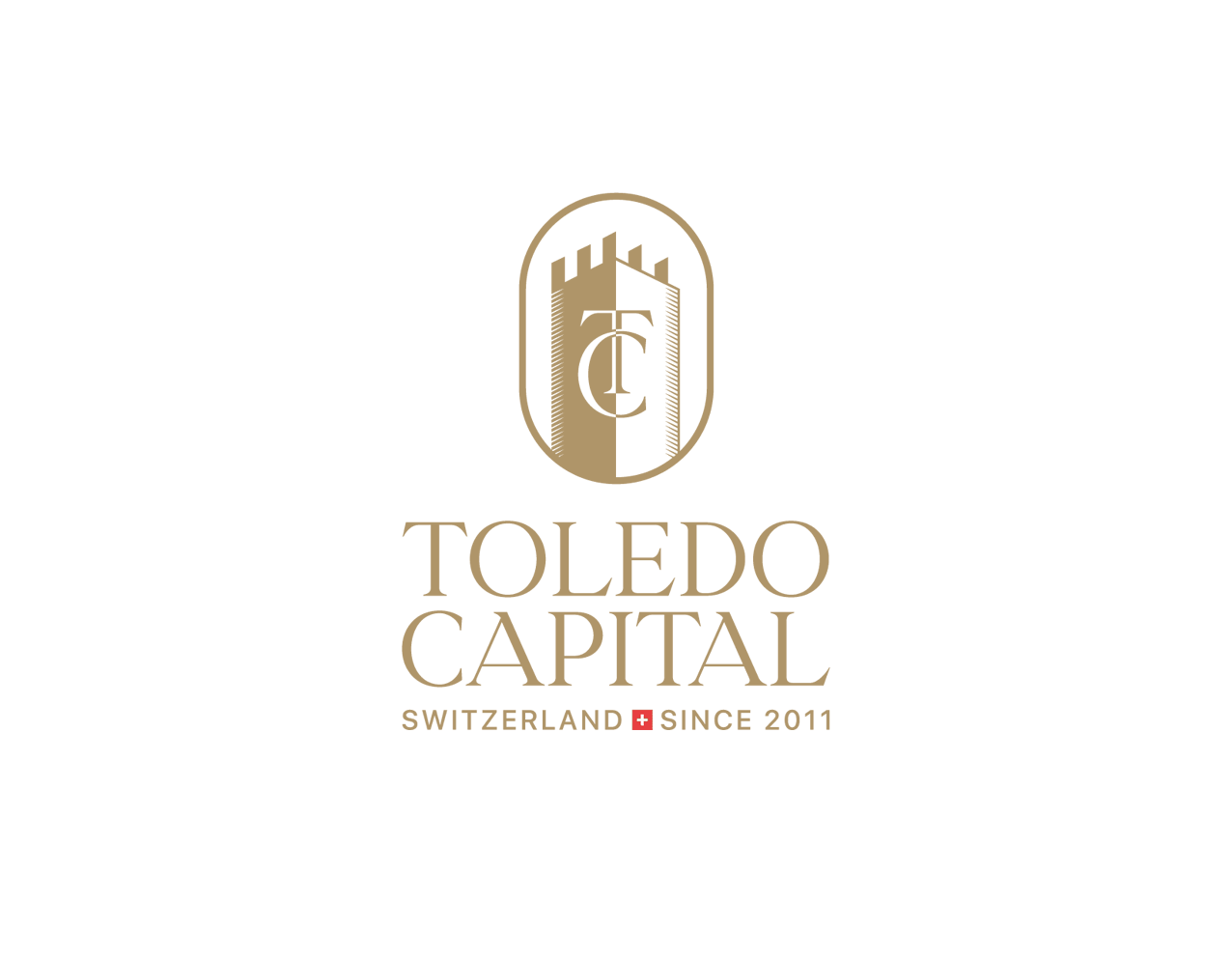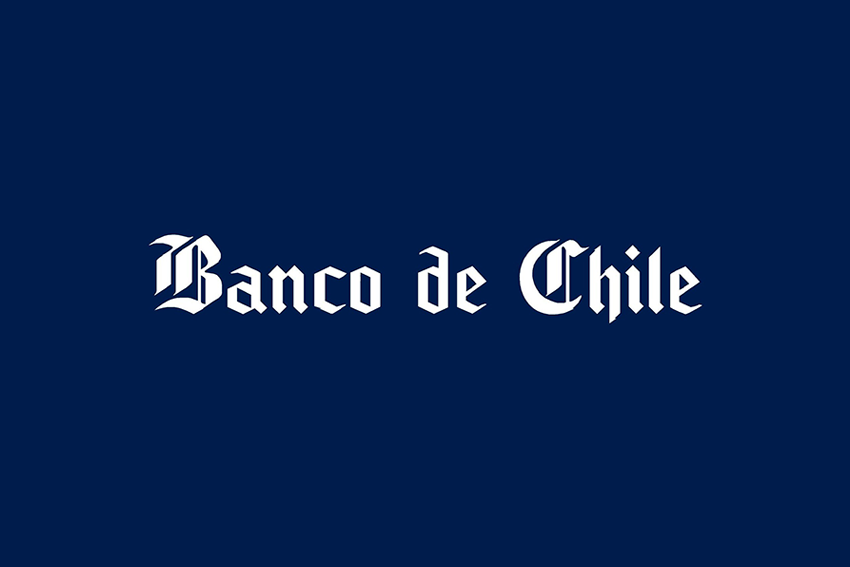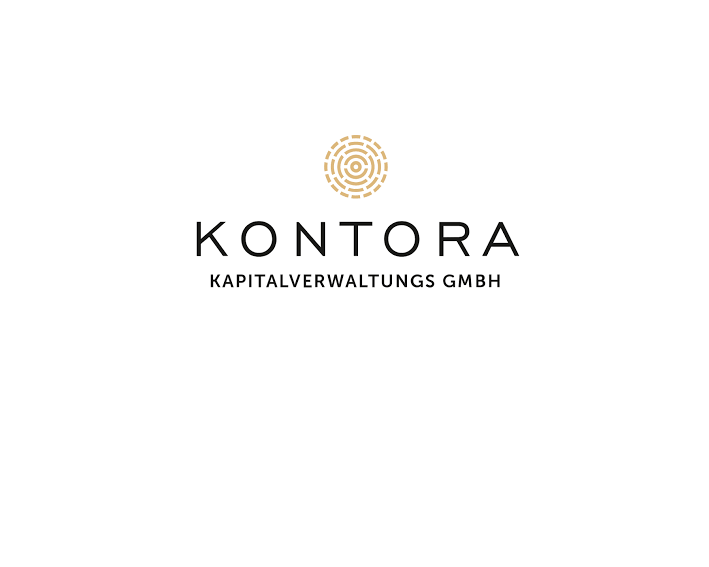A tale of sober reflection

John E. Kaye
- Published
- Authors, Home, Mental Health
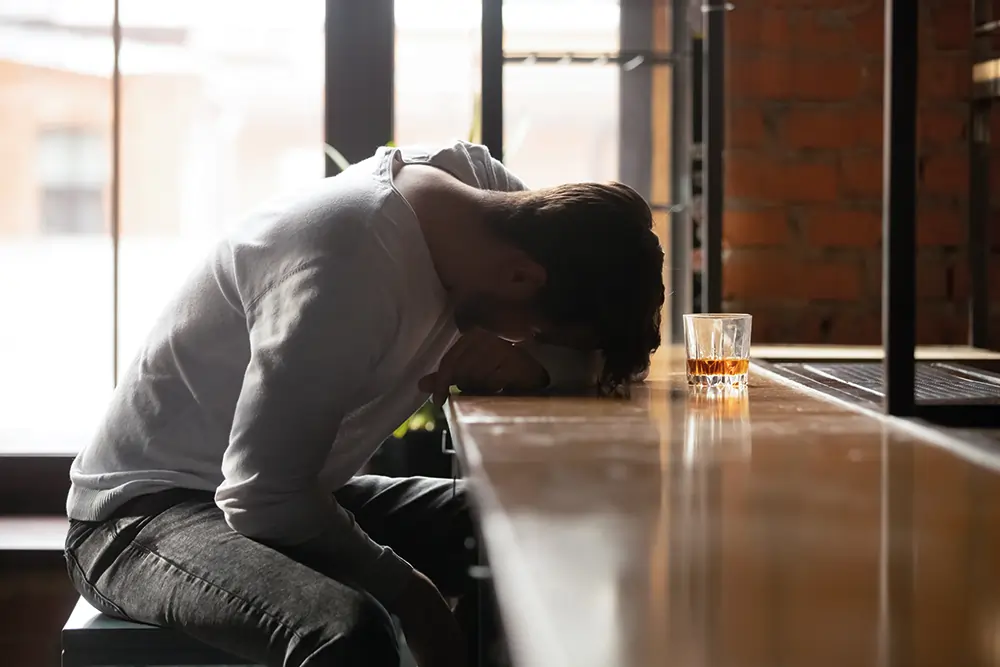
Entrepreneur and former COO Dominic McGregor explains how scaling a highly successful business put him on course for self-destruction
My name is Dominic McGregor and I was the co-founder of Social Chain, a leading social media agency focused on building stronger connections between people and brands. I started my entrepreneurial journey at 19, alongside Steven Bartlett, and together we built one of the fastest-growing companies in the UK, working with giants like Disney, Spotify, and Microsoft. However, the rapid scaling of my business set me on a path towards self-destruction that almost cost me everything.
The beginnings of pressure
The initial success of Social Chain was intoxicating. We were young, ambitious, and had the world at our feet. The growth came with a multitude of opportunities, but it also brought immense pressure. I found myself overwhelmed by the demands of running a fast-growing company. The stress and anxiety were constant, but I didn’t know how to cope with them in a healthy way.
My coping mechanism became alcohol. Initially, it was a way to relax after a long day, but soon it became a crutch. The social aspect of running a business – networking events, client dinners, industry parties – provided endless opportunities to drink. At first, it seemed harmless fun. But as the business grew, so did my dependency.
The descent into alcohol dependency
One of the turning points was the reopening of one of our favourite bars in Manchester. My team and I spent New Year’s Eve there, dropping thousands of pounds on champagne and vodka. Such events were becoming a regular part of my life. On the surface, they were networking opportunities, but they were also perfect environments for my growing alcohol addiction. The early 2010s were a golden era for young entrepreneurs. The democratisation of technology allowed young minds to lead new industries. Weekly invites to exclusive parties became the norm. It was a dream lifestyle, but behind the scenes, I was spiralling. The free-flowing alcohol at these events masked my insecurities and anxiety, leading to a dangerous cycle.

Breaking point
The pivotal moment came one night after a particularly wild party. I woke up late, with missed calls and messages flooding my phone. Important meetings awaited, but I had no recollection of the previous night. My body bore the marks of my reckless behaviour – bruises, cuts, and a severely swollen ankle from slipping on an icy driveway. The physical pain was a stark reminder of my escalating problem, yet I still couldn’t confront it head-on.
The incident wasn’t isolated. It was part of a pattern of self-destructive behaviour. On social media, my life seemed perfect – running a successful business, attending exclusive events, living in luxury. But the reality was far from it. I was battling severe anxiety, imposter syndrome, and a deep sense of inadequacy.
On the 24th of July 2016, I made a life-changing decision to go sober. This wasn’t a decision I wanted to make, it was a decision I had to make. By then, my alcohol dependency had created numerous problems, threatening my business, my friendships, my family, and my relationship with my partner (now wife). I was like Icarus, flying too close to the sun. My self-destructive behaviours left me with no option but to change.
The first few thoughts after deciding to go sober were daunting. How would my life look without alcohol? Up to that point, I had experienced life and business through a lens blurred by drink. This felt like a huge change, and I was uncertain about how to navigate it.
Turning the tide
I am now 30 years old and seven years sober. I have spent more time in recovery than I was ever legally allowed to drink. During this time, I managed to take my company to the public markets, listing it on the German Stock Exchange. I have also started my second business, hosted a TEDx talk, won numerous awards, invested in other companies, and married my best friend. Removing alcohol from my life allowed me to reach my full potential and foster meaningful relationships and hope for the future.
While alcohol is a social norm and many believe they have a healthy relationship with it, it remains an addictive drug. Its insidious nature allows it to seem manageable when life is good and stress is low. But our relationship with any addictive substance can swiftly change when circumstances do. The strain of running a business with over 100 people at a young age fast-tracked my dependency on alcohol. Without addressing my underlying issues, this could have happened later in life. My relationship with alcohol had never been questioned until it became a glaring problem.
This article is for everyone, especially those who enjoy a drink but need to understand potential warning signs. It’s for everyone who wakes up on a Sunday morning thinking, “I’m never drinking again.” Most people who go sober have a rock bottom that serves as their wake-up call, just as I did.
What I learned at my rock bottom was that sobriety was the only option for me. Not everyone is like me; some can manage their relationships with alcohol better. My relationship with alcohol was so toxic that it had to end. If you’re anything like me, ask yourself: do I have a healthy relationship with alcohol? Do I manage stress and anxiety well? How do I cope when I don’t feel well? Do I reach for a drink too quickly?
Changing perspectives
In the last seven years, the debate on alcohol has shifted. At 23, when I declared I was never drinking again, my friends thought it was a joke. Now, the sober community is vibrant and supportive, filled with wonderful people from diverse backgrounds. At 30, I frequently hear from peers and strangers wishing they could stop drinking, but feel that it’s too ingrained in their lives.
I have experienced firsthand the damage alcohol can do to families and relationships. It led me to write my book, sharing my experiences, those of others in the sober community, and my journey from a typical early twenties party-goer to a sober, accomplished entrepreneur. It’s my heartfelt story and tough lessons learned to help anyone who might need to rethink their relationship with alcohol.

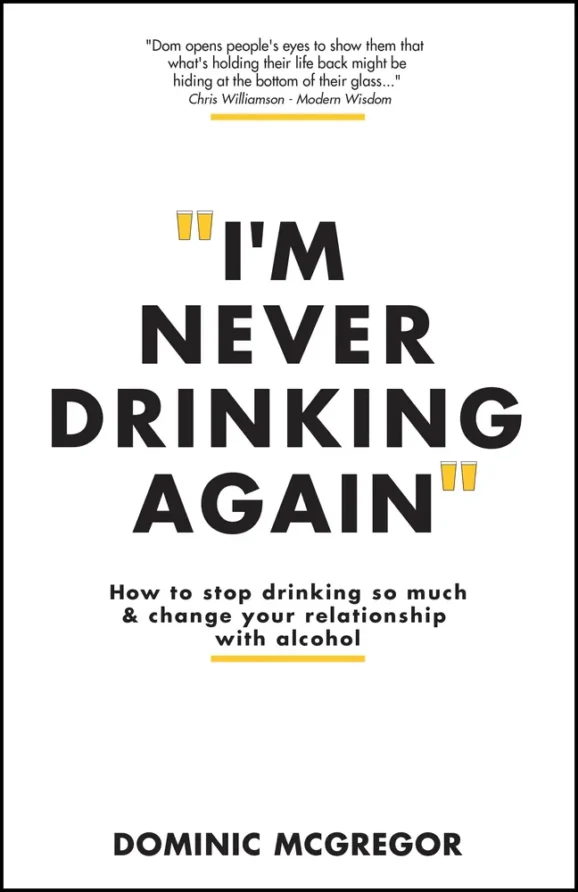
About the author
Dominic McGregor is partner at Fearless Adventures and author of ‘I’m Never Drinking Again: How To Stop Drinking So Much and Change Your Relationship With Alcohol’ (published by Capstone, out now, £14.99).
Sign up to The European Newsletter
RECENT ARTICLES
-
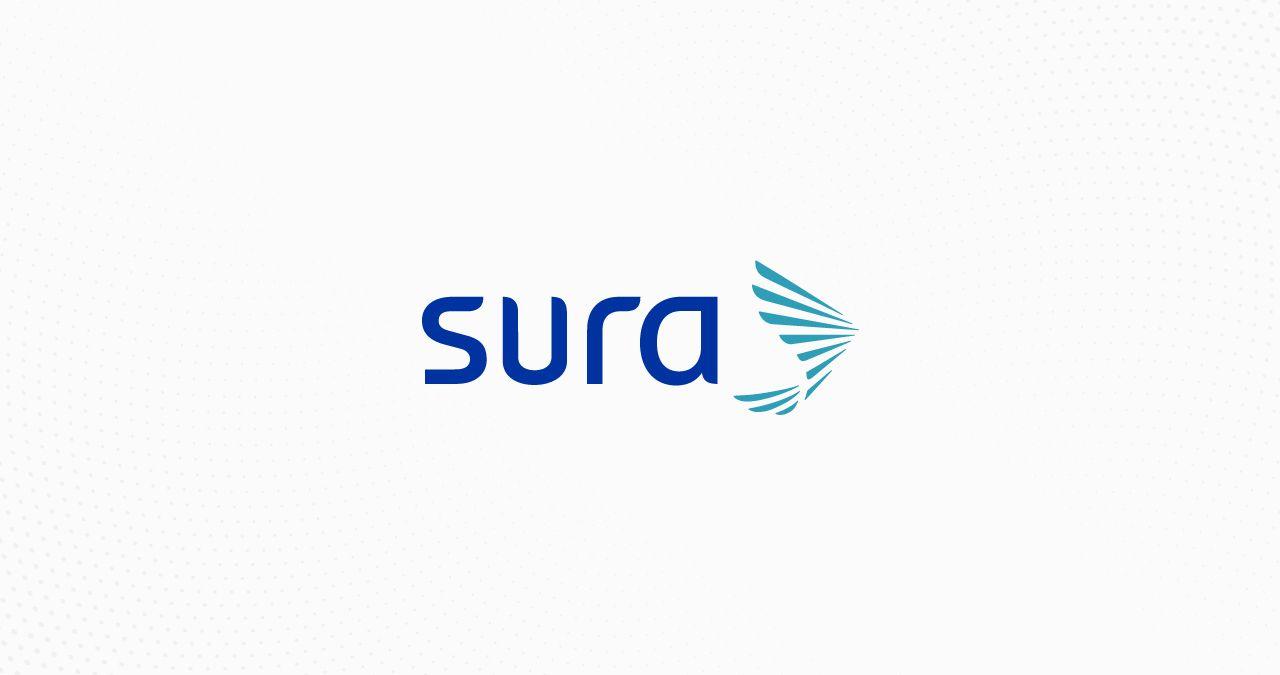 Afore SURA awarded Pension Fund Management Company of the Year 2025
Afore SURA awarded Pension Fund Management Company of the Year 2025 -
 BOV Fund Services Limited wins in The European Banking & Finance Awards 2024
BOV Fund Services Limited wins in The European Banking & Finance Awards 2024 -
 Amberdata wins two titles in The European Banking & Finance Awards 2024
Amberdata wins two titles in The European Banking & Finance Awards 2024 -
 Ajman Bank wins in The European Banking & Finance Awards 2024
Ajman Bank wins in The European Banking & Finance Awards 2024 -
 Creditú wins three titles at The European Banking & Finance Awards 2024
Creditú wins three titles at The European Banking & Finance Awards 2024 -
 Krungthai Bank PCL wins five awards in The European Banking & Finance Awards 2024
Krungthai Bank PCL wins five awards in The European Banking & Finance Awards 2024 -
 Oakridge Property Group wins at The European Global Business Awards 2024
Oakridge Property Group wins at The European Global Business Awards 2024 -
 Old Mutual Investment Group wins two titles at The European Global Banking & Finance Awards 2024
Old Mutual Investment Group wins two titles at The European Global Banking & Finance Awards 2024 -
 AXA IM Select wins at The European Global Banking & Finance Awards 2024
AXA IM Select wins at The European Global Banking & Finance Awards 2024 -
 Zenith Bank Ghana wins five titles at The European Banking & Finance Awards 2024
Zenith Bank Ghana wins five titles at The European Banking & Finance Awards 2024 -
 SeABank awarded The Risk Management Bank of the Year - Vietnam 2024
SeABank awarded The Risk Management Bank of the Year - Vietnam 2024 -
 Vista Land & Lifescapes Inc. wins three titles at The European Global Business Awards 2024
Vista Land & Lifescapes Inc. wins three titles at The European Global Business Awards 2024 -
 Boursa Kuwait wins two titles at The European Global Sustainability & ESG Awards 2024
Boursa Kuwait wins two titles at The European Global Sustainability & ESG Awards 2024 -
 Gulf African Bank wins four titles at The European Banking & Finance Awards 2024
Gulf African Bank wins four titles at The European Banking & Finance Awards 2024 -
 Gulf Insurance Group awarded two Global Banking & Finance titles for 2024
Gulf Insurance Group awarded two Global Banking & Finance titles for 2024 -
 Eccelsa Aviation awarded three Global Business 2024 titles, including Best FBO Brand – Europe
Eccelsa Aviation awarded three Global Business 2024 titles, including Best FBO Brand – Europe -
 Afore Sura awarded Pension Fund Management Company of the Year 2024
Afore Sura awarded Pension Fund Management Company of the Year 2024 -
 Toledo Capital AG wins Best Boutique Wealth Management - Family Office 2024
Toledo Capital AG wins Best Boutique Wealth Management - Family Office 2024 -
 Banco de Chile awarded four Global Banking & Finance 2024 titles, including Bank of the Year - Chile
Banco de Chile awarded four Global Banking & Finance 2024 titles, including Bank of the Year - Chile -
 Kontora Family Office GmbH awarded Best Wealth Management Services - Germany 2024
Kontora Family Office GmbH awarded Best Wealth Management Services - Germany 2024 -
 Banque Misr awarded five Global Banking & Finance 2024 titles, including Best Banking Brand - MENA
Banque Misr awarded five Global Banking & Finance 2024 titles, including Best Banking Brand - MENA -
 Krungthai Bank PLC wins five awards in The European Banking & Finance Awards 2023
Krungthai Bank PLC wins five awards in The European Banking & Finance Awards 2023

